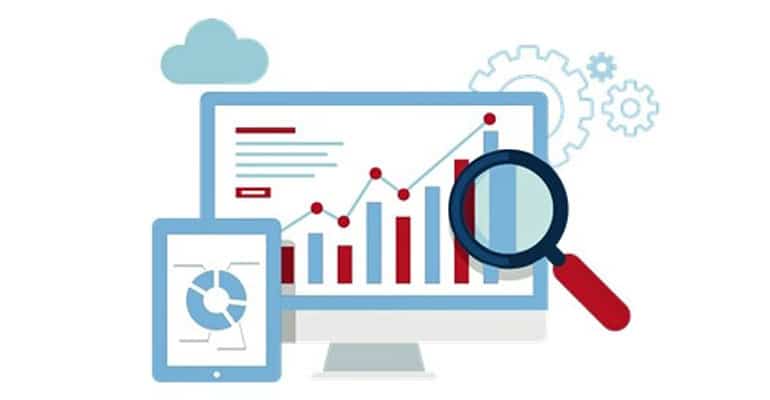Business Intelligence courses seek to transform data into information and information into knowledge, in order to optimize the process in the decision making of a business. This is the main reason why you need to implement Business Intelligence courses in your company. Generating knowledge is essential because it is not only about collecting and analyzing information, but it must be processed to make it a primary reference that facilitates decision making.

If you properly implement Business Intelligence courses, you will be acting through various strategic factors. In the same way, it will generate competitive advantages, based on the ability to obtain privileged information. Among this privileged information is the entry into new markets, cost optimization, financial control, production planning, profitability and analysis of customer profiles.
What is Business Intelligence?
Business Intelligence is the set of applications, methodologies, and technologies that allow to collect, debug and transform unstructured data into structured information, then analyze it and turn it into knowledge. This in order to directly exploit the decision-making about the business. A business that knows how to take advantage of information and knowledge of its data can be more productive and will have greater profitability than companies that do not analyze their data. In order to gain a competitive advantage, you must recognize the strategies, business roles, and technologies that can improve the focus of Business Intelligence.
Why are Business Intelligence courses so Important to Business Success?
The strategies and tools offered by the Business Intelligence course can positively influence the development and success of a company. The primary objective of a Business Intelligence course in business is to support executives, managers, and workers to make the best decisions. In the same way, companies can also use the Business Intelligence course to reduce costs, maximize profits, learn about new opportunities and discover business processes that are efficient. Basically, the benefits offered by these strategies are based on the monitoring of objectives, efficient processes, reduction of operating costs and obtaining timely knowledge in decision making.
In that sense, among the benefits of the tools and strategies of Business Intelligence course for business success are:
- The development of internal processes is optimized.
- Improve and speed decision making and generate new business knowledge.
- Extends operational efficiency and offers transparency in business operations.
- It promotes the increase of income and decreases the operating cost.
- It reveals new market trends and improves analysis and planning capabilities.
- Detects problems and improves vision in terms of strategies.
- Increase the improvement in customer service and offer deep and detailed reports.
- It allows informing the collaborators (workers, directors, partners) of the company about the official numbers and about the current situation so that all are aligned with the objectives.
Knowing the benefits that Business Intelligence course offers you, will surely stimulate you to make the decision to implement it in your business and give it the boost you desire so much.
Business Intelligence and Big Data for your company:
Business Intelligence and Big Data are data analysis tools that help companies in decision making, a fundamental process to optimize operations. In this way, a large amount of information is managed and accessed. However, there are clear differences between them.
Origin of the data: Business Intelligence is a system of data analysis that companies generate. These are structured data that show you how your business works in different areas so you can make a decision.
In contrast, Big Data collects data through different sources, such as emails, videos, files, social networks, among others. The amount of information is unlimited and the data can be both structured and unstructured.
Storage: As regards storage in the Big Data environment, the information is stored in a distributed file system. For its part, Business Intelligence stores them in a central server.
Result:
The Big Data environment provides your company or business with a much more exhaustive analysis, as well as a broad view of the information. Meanwhile, Business Intelligence presents all the information in a more structured way.
What is certain is that Big Data and Business Intelligence complement each other to contribute to the decision making of any business.
